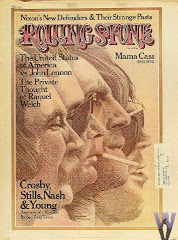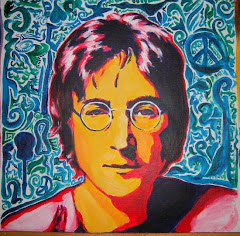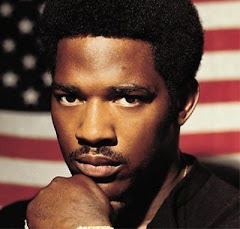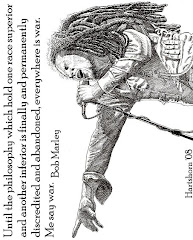Many people disagree with the actions of the government on certain and specific political issues and choose to voice their opinion, as allowed by the Constitution. During the sixties and seventies, many Americans were against the United States' involvement in the Vietnam War and spoke out against it. Artists, as well as citizens, chose to clearly denounce the war. John Lennon, for example, wrote and performed the song "Give Peace A Chance." This song reflects Lennon's views on the Vietnam War and war in general.
Immediately in the first verse, Lennon lets the reader know his stance on the political issue of war. He demonstrates this through the line "All we are saying is give peace a chance," telling the reader that he or she should strive for peace and not war. Additionally, in the lines "Ev'rybody's talking about/Ministers, Sinisters, Banisters and canisters" Lennon shows the involvement of ministers, sinisters, and canisters during this time of war. The term minister reflects how religious preferences, most commonly Christianity, had an effect on a person's view of war. The next term, sinisters, is referring to the evil and menacing people were involved in the war. Whether Lennon directed this statement towards the United States government, spies, or the enemy is unknown, but it is known that he did not agree with those who were evil and menacing. Finally, the mention of the term canisters is showing the technology and weapons of war; a canister held many shells, or bullets, that were contained in a gun to be used in war. Lennon also refers to an expression of his own creation, bagism, in the line “Ev’rybody’s talking about/Bagism, Shagism, Dragism;” the term bagism, according to Lennon, refers to wearing a bag over someone’s head. He further explained his idea that if a person wore a bag over his or her entire body, a person could not be judged by others on the basis of race, sex, or other physical attributes. In the last verse, Lennon mentions numerous well-known figures during that time, including “John and Yoko…Tommy Smothers…Bob Dylan”; this mention is also called an allusion, since they are well-known by the majority of Americans. He connects all of these people by saying that "All we are saying is give peace a chance." This statement shows that all of the people he mentions all want peace, and not war. His entire song also contains diction, as can be clearly seen through the use of apostrophes in the word everybody (ev’rybody). Lennon also uses short and direct references, without the use of commas, as in the line “Ev’rybody’s talking about/Revolution, evolution, mastication,” which may also be called asyndeton.
Differing political views on war was a vehement and fervent topic during the Vietnam War. Not only John Lennon, but other artists as well, wrote and performed their songs in order to voice their own personal views on war, peace, and other topics; such artists include Bob Dylan, Creedence Clearwater Revival, and Buffalo Springfield. Addressing their views through their music was a surefire way to get them heard by the public, and their goal was accomplished. Because of these artists’ expression of opinion, we may look at how war affected the everyday American as well as their differing opinions.
Subscribe to:
Post Comments (Atom)












1 comment:
I really like your analysis. Good job!
Post a Comment